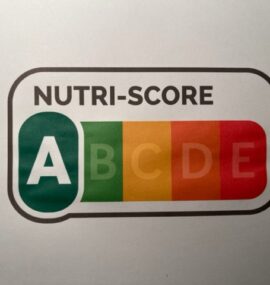Shift your focus from carb quantity to quality Human populations have thrived eating widely disparate amounts of carbohydrates. Yet, the Western diet full of low-quality carbohydrates predicts greater risks of cardiometabolic diseases. Recent research suggests that the typical focus on carbohydrate quantity should shift to carbohydrate quality. For example, shift from low-quality carbs with high…
more
Carbohydrate Quality vs. Quantity






